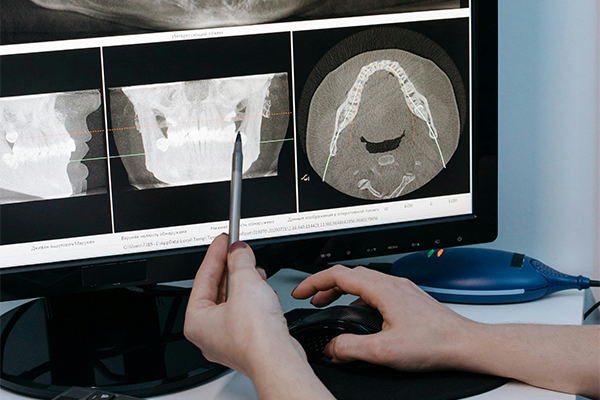
Dental emergencies can happen at any time and often come with significant discomfort or pain. Knowing how to respond to these emergencies can prevent further complications and ensure the best possible outcome. This comprehensive guide will explore common types of dental emergencies, immediate steps to take, and how to prevent future incidents.
Understanding Dental Emergencies
Dental emergencies involve any situation involving the teeth, gums, or mouth that requires immediate medical attention. Common emergencies include:1. Knocked-Out Tooth:
Quick action can potentially save a knocked-out tooth.2. Chipped or Broken Teeth:
Depending on the severity, this may require urgent care to prevent further damage or infection.3. Severe Toothache:
Often indicative of underlying issues such as infection.4. Lost Filling or Crown:
This can lead to discomfort or further damage to the underlying tooth structure.5. Abscess or Infection:
These can be potentially life-threatening and should be addressed immediately.Immediate Actions for Dental Emergencies
Knowing what to do in the event of a dental emergency can significantly affect the treatment outcome.1. Knocked-Out Tooth:
- Handle the tooth by the crown, not the root.
- Rinse it gently without scrubbing any attached tissue.
- Try to reinsert it in the socket. If this isn’t possible, keep the tooth moist in a glass of milk or a tooth preservation product.
- Seek immediate dental care.
2. Chipped or Broken Teeth:
- Rinse your mouth with warm water to clean the area.
- Apply a cold compress to the outside of the cheek to reduce swelling.
- Visit a dentist as soon as possible.
3. Severe Toothache:
- Clean the mouth by rinsing with warm water.
- Gently use dental floss to remove any food caught between the teeth.
- Do not put aspirin on the gums or the aching tooth.
- Consult a dentist if the pain persists.
4. Lost Filling or Crown:
- Keep the crown in a safe place as it might be possible to reattach it.
- Apply clove oil to the sensitive area if available.
- Avoid chewing on the affected side and see a dentist promptly.
5. Abscess or Infection:
- Rinse with a mild salt-water solution several times a day to reduce pain and draw the pus toward the surface.
- See a dentist immediately as antibiotics and further treatment might be necessary.
Preventing Dental Emergencies
While not all dental emergencies can be prevented, taking proactive steps can reduce the likelihood of occurrence and mitigate their severity:
1. Regular Dental Check-ups:
Routine visits help identify and treat issues before they escalate into emergencies.
2. Protective Gear for Sports:
Wearing mouthguards during sports can prevent a significant number of oral injuries.
3. Avoid Hard Foods:
Chewing on hard items such as ice, hard candy, or popcorn kernels can crack teeth.
4. Proper Oral Hygiene:
Regular brushing and flossing decrease the risk of tooth decay and gum disease, which can lead to painful conditions that require urgent care.
